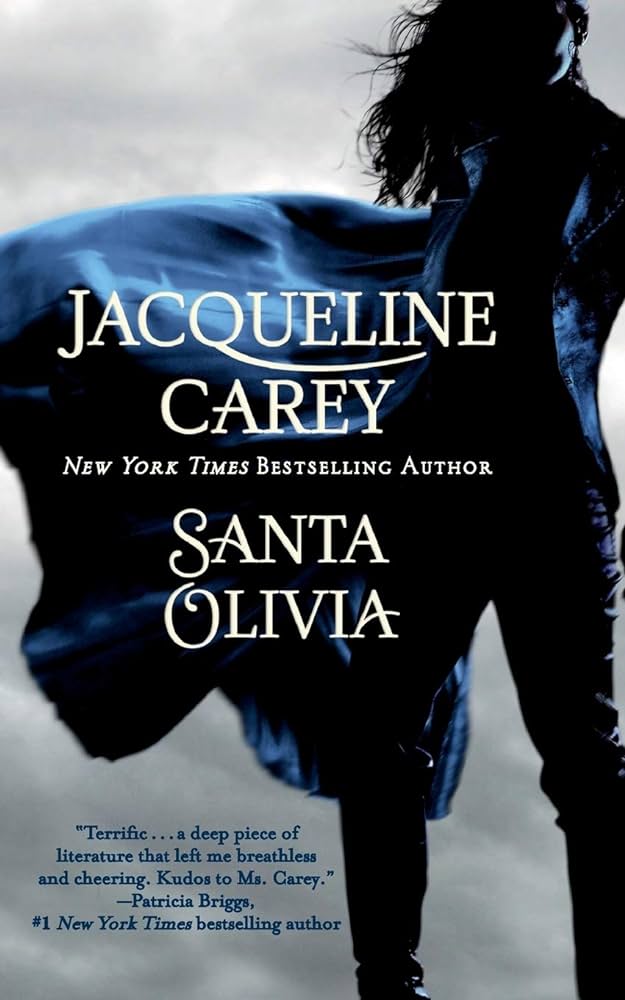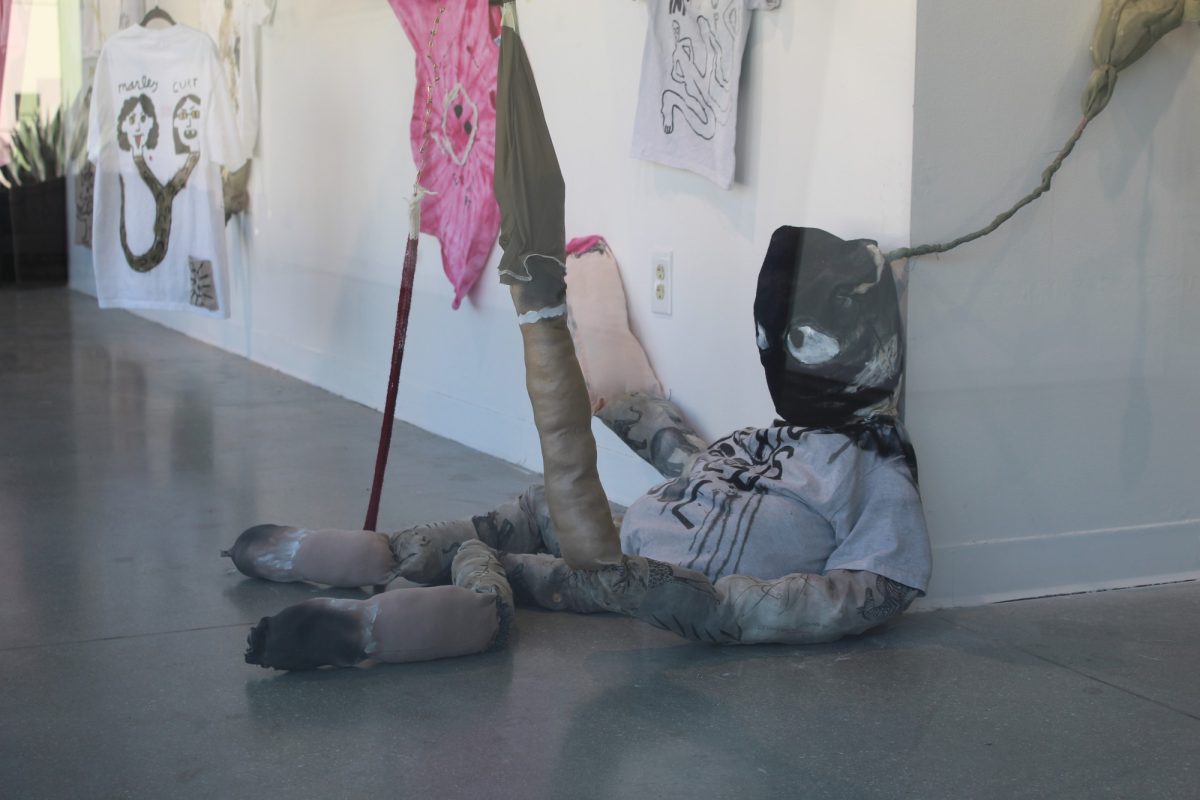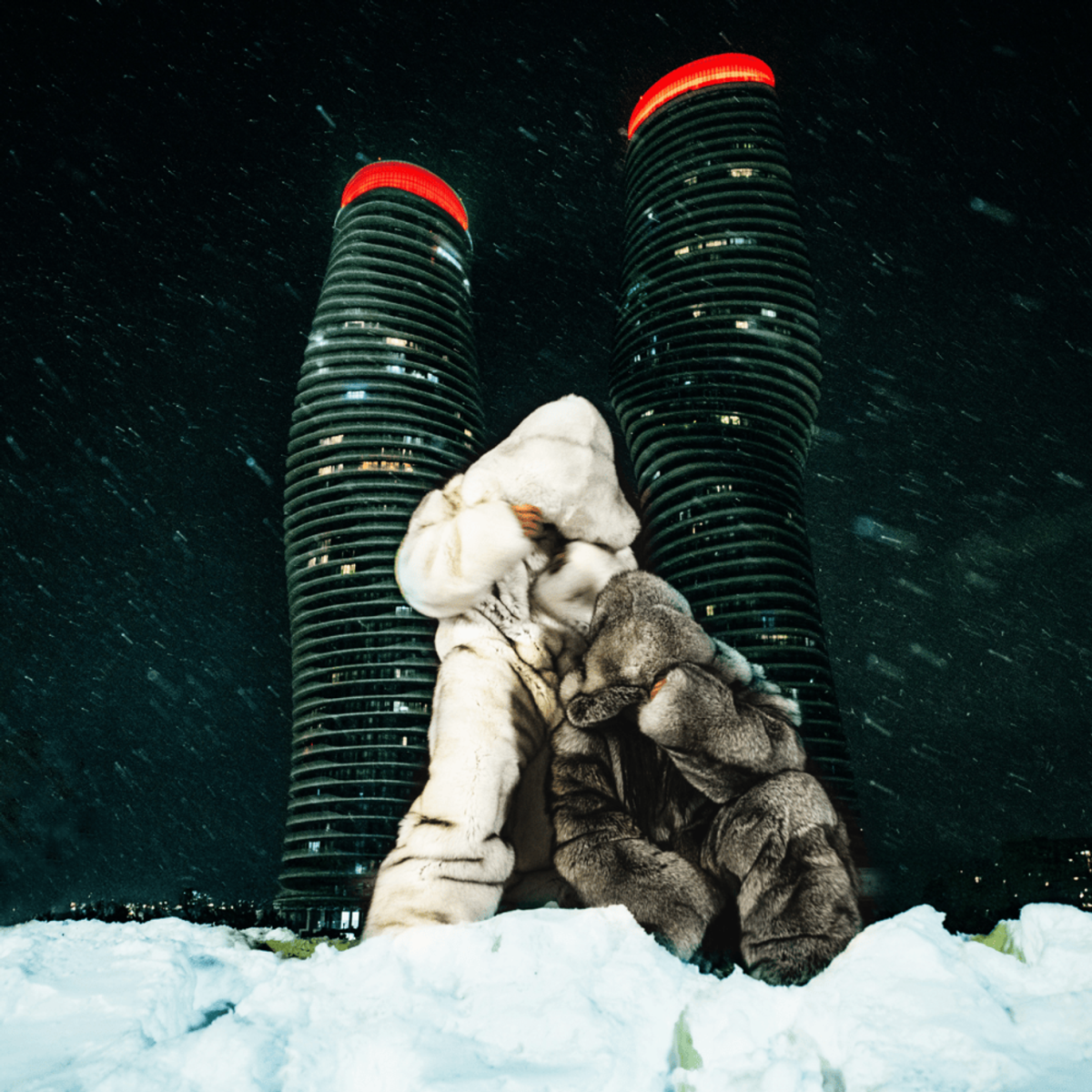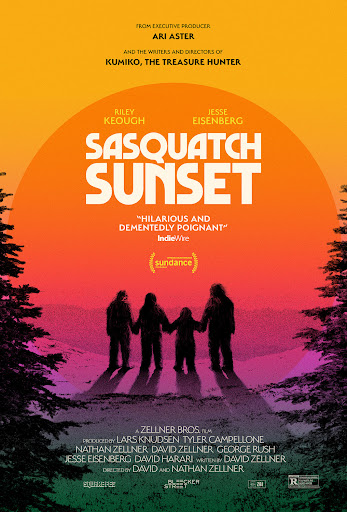Santa Olivia is a 2004 urban science fiction novel by Jacqueline Carey, best known for the long-running Kushiel series of fantasy novels.
The novel focuses on the denizens of the titular Texan town and follows Loup Garron as she comes of age and comes to terms with the legacy of genetic experiments that reside within her.
Carey’s work here is likely to come as something of a surprise for those more familiar with her outright fantastical works, as aside from the main character’s lupine nature and some concessions to alternate history to inform the setting, there are seldom any fantasy elements to be found.
In place of outright mysticism or future tech, readers are instead treated to a look at mundane, day-to-day life in a fantastical situation.
The book works through two narrators before finally settling on Loup and each of them is far more concerned with eking out something like a comfortable existence as opposed to dealing with any huge or existential stakes.
But that is where the heart of the novel truly lies, as a clever trick and tightrope walk that could have easily ended in disaster ultimately prove to be Carey’s most potent storytelling weapon.
As a result of the genetic experiments her father took part in, Loup Garron does not feel fear. Despite drastic upends to her way of life or outright physical danger to herself, she never feels any trepidation.
This absence of apprehension is not shared by the rest of the cast and serves to make the reader viscerally sympathize with a supporting cast that acts almost as a Greek chorus warning Loup away from danger in the novel’s more intense latter half.
If there is any major flaw in this work, it is that it does not commit fully to its premise in the end.
The novel is largely concerned with the futility of a simple existence and how despite the temptation to buck in search of something more, that decision could easily cause great pain to loved ones.
The last third of the story is focused on a rapidly approaching point of no return for Loup that will annihilate the hard-won peace she has finally obtained in her life.
However, when all is said and done, aside from a digression that seems like little more than a fake-out, the main character and her love interest ride off into the sunset, leaving all their woes behind.
That is not to say the ending is not welcome, as Loup and girlfriend Pilar make an excellent couple and have one of the better-written romances in fantasy literature and the reader is likely aching to see them get a happy ending.
It just feels like a betrayal of the book’s themes of quiet futility vs violent, triumphant blazes of glory.
Despite the asterisk next to its ending, Santa Olivia manages to use the very aesthetic trappings of science fiction to tell a very grounded and human story.
Jacqueline Carey displays a shocking ability to capture the beauty of the human heart in its seemingly most prosaic state and the resulting ripple effect is one readers of every stripe should take note of.

















